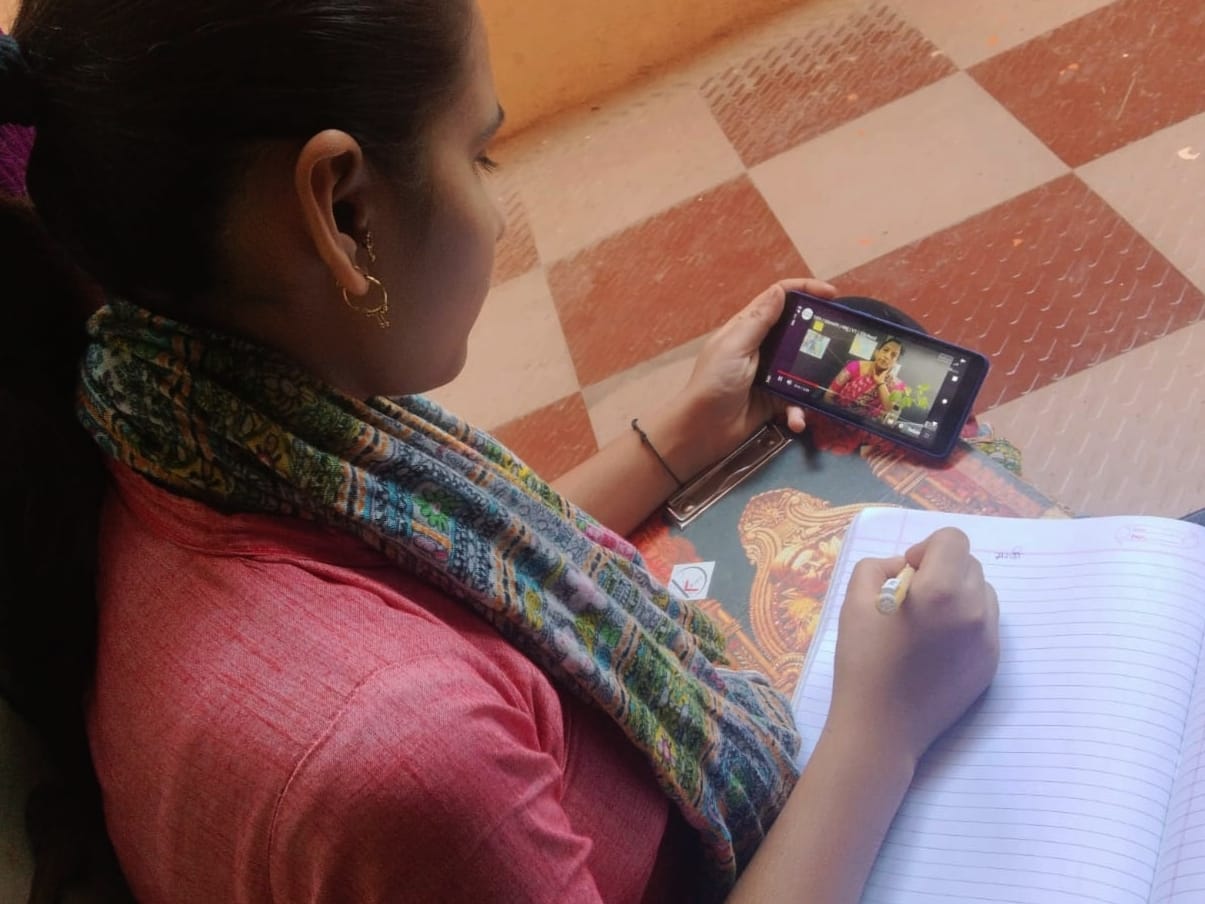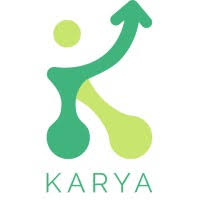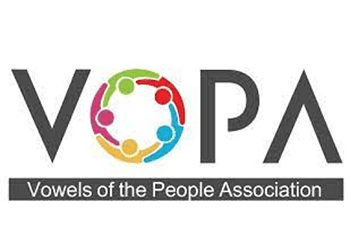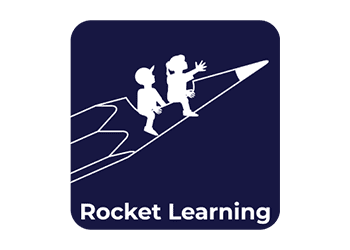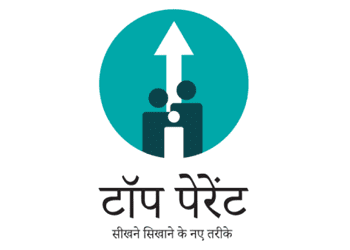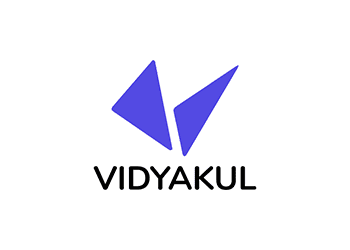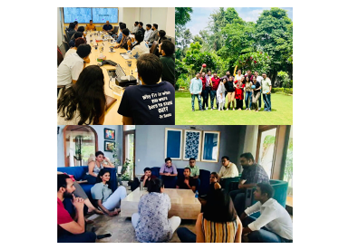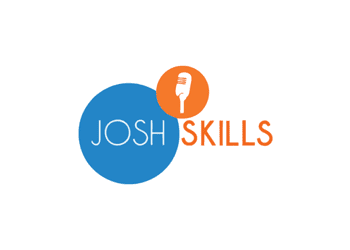Rural India has experienced a significant surge in phone and internet access in recent years. But despite this progress, communities in these areas still face significant challenges in accessing the benefits of e-commerce – with only around 12% of rural internet users being able to address their needs online. On the other hand, rural women continue to encounter barriers to accessing livelihood opportunities that provide the flexibility they need and are unable to exercise the agency to drive household spending. This impacts the rural markets as a whole because women channel their earnings towards community building activities like children’s education etc. that help build overall economic resilience.
Frontier Markets (FM) offers a solution that addresses these challenges by harnessing the economic and social potential of rural women. FM’s innovative solution enables them to leverage their community relationships to aid their livelihoods, by using a tech-first platform, the Meri Saheli App, that connects products and services with rural communities. Through partnerships with local NGOs and government entities, FM recruits women from Self Help Groups (SHGs) and equips them with their e-commerce platform as well as comprehensive training to market, sell and service necessary products and services. These women not only address real needs within their communities but also become catalysts for local economic growth.
Till date, Frontier Markets has built a network of 20,000 digital rural women entrepreneurs called “Saral Jeevan Sahelis,” who are using their platform to share relevant insights that help companies design and deliver solutions for rural households at the last mile. For instance, over 1 million families have accessed impactful climate friendly solutions at their doorstep through FM. Sahelis have become trusted influencers and champions of change voicing community needs, emerging as leaders in their villages as well as contributors to their families’ income; earning over $30MN of income and garnering the ability to invest in their children’s future.
FM’s recent ‘She-Leads Bharat’ initiative further seeks to formalise partnerships with the Indian government and NGOs across seven states, with the goal of adopting this model nationally. Over the next five years, FM aims to equip 1 million women to impact 100 million households in 25,000 villages, giving rural women the agency to drive economic decisions, voice their demands, and shape national policy.
The impact of FM’s work extends beyond economic empowerment, benefiting rural consumers by providing access to quality solutions at affordable prices. We are excited to support Frontier Markets with a Skilling x Women grant, which aims to accelerate FM’s scale by expanding its network of women entrepreneurs to 50,000. This grant will enable FM to strengthen its leadership team and execute its growth strategy across multiple states!


